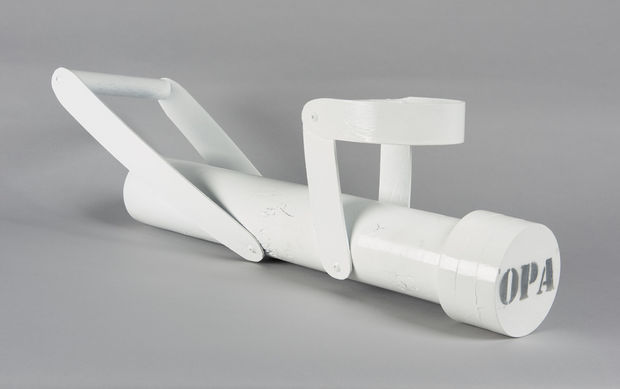-

-
What was the impact on your practice?
My multi-disciplinary practice hinges on a dialogue with history. Through the revaluation and recontextulisation of historical narratives, characters and the visual language of the past, my aim is to encourage fresh discourse surrounding contemporary cultural identity. Before I travelled to Florence, I had only researched historical narratives within Scotland, the chance to examine historic links with Scotland and Italy was an exciting prospect.
My original research proposal involved following in the footsteps of the MacLeod’s of Cadboll, a Highland family who travelled to Florence on numerous occasions throughout the 19th century. They kept a series of sketchbooks which combined their own illustrations and writing with reimagined passages of Dante’s Devine Comedy. Prior to my trip to Italy, I was able to read through them at The National Library of Scotland’s where they’re housed alongside the family’s records.
Travelling to Florence a few weeks after the EU referendum of 2016 influenced the research material I produced. I reflected on the legacy of the EU and geopolitical relationships and tensions amongst the European states. It was interesting talking with locals and tourists about the result of the vote and what it meant for the future of The UK and Europe.
Whilst in Florence I was made aware of a local graffiti/street campaign called ‘The Renaissance is Over’. This was an attempt by local artists to encourage the hordes of tourists who travel to Florence to marvel at the art of the Renaissance to engage with the work of contemporary local artists.
This critical perspective of the Renaissance was illuminating and refreshing. I understood how difficult it must be for young artists to establish themselves in the birthplace of the Renaissance, in the shadow of the Old masters and how the history and legacy of the city is now stifling emerging artists.
This campaign has had a lasting impact on my practice. The dominant cultural narratives of any country should to be questioned and its historic legacies and institutions critiqued and subverted. It’s an artists’ job to do this. -
 Jamie Watt, Prey For Souls, 2017, mixed media, 16.2 x 58.9 cm. RSA Collection
Jamie Watt, Prey For Souls, 2017, mixed media, 16.2 x 58.9 cm. RSA Collection


